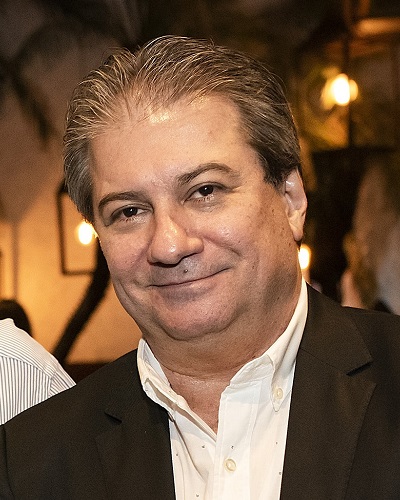
The bioeconomy, in its most significant essence, based on the highest science and technology, is still at the very early stages in a developing country like Brazil. Agribusiness, services, and industry have shown tremendous success in the south, southeast, and central-western part of Brazil, where the top and latest technology is applied. Our challenge is how to promote an efficient and accessible bioeconomy in the Amazon region. A place as large as 41% of the total European area, land of the highest biodiversity in the world, home of plants, fungus, and many other still unknown species, that has proven to be a new biotechnology paradise. However, to bring all this to light, we need to make improvements, for instance get digital connections and improve logistics. Nowadays, most of the area’s primary challenges are making roads and bringing in electricity. The Amazon forest is a place to be discovered by visionary bioeconomist investors.
This pandemic has affected the whole world, but more heavily developing countries. In Brazil, one of the most impoverished areas is the Amazon region. During the pandemic sustainable developments took time off, bet the same could not be said of the land grabbing of public lands, burning, and illegal deforestation, which has broken records again. So, our urgency in the application of R&D and investments aimed at the circular bioeconomy in the region need to gain maximum speed. Holding the the World BioEconomy Forum in the Amazion region is a unique opportunity to show the world the tremendous bioeconomic potential of Brazil and its forests.
Our planet, in economic terms, is almost bankrupt. We will not be able to build the next 100 years the way we did in the last century. Those who know the benefits of a healthy and comfortable life do not want to give up this asset. The business-as-usual model will not sustain the planet, so we will have to rebuild our production technologies in the farms, industries, and consumption. As we see today, losing 30% of the food produced in the world at some stage between the countryside and our homes must be seen as unacceptable, a crime against humanity. The best use of waste, the effective recycling of everything in our daily lives, the development of new compounds, inputs, and processes, combined with a new consumption behavior, will make our future a field of disruptions. More than an optimist, I am a reformer. Reforming our mental concepts will lead us to define our new paradigms.